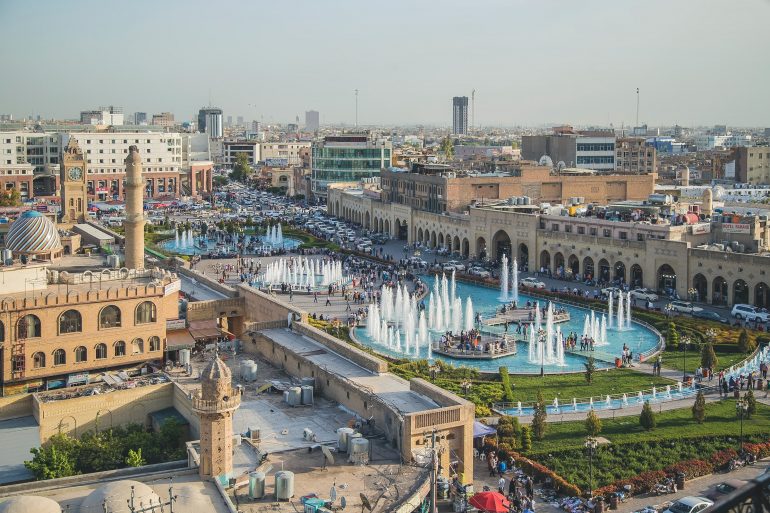Bewar Khinsi, energy advisor to the KRG PM, dies
Nechirvan Barzani, the President of the Kurdistan Region, has yet to respond to a recent federal court ruling dissolving the Kurdistan Parliament. Barzani and his KDP have previously strongly criticized rulings from the same court, particularly those concerning the Kurdistan Region's oil and gas sector.
The court ruling mandates the Region's president to coordinate with the Iraqi electoral commission in order to hold parliamentary elections, as Erbil currently lacks a legislature and is under a caretaker government. The Kurdistan Region Presidency Law of 2005 requires the president to issue a decree for fresh elections within 15 days following the dissolution of parliament.
Prominent judge Latif Mustafa explains that the ruling also impacts Barzani's authority. According to Article 10, paragraph 5 of the Presidency Law, the president, in consultation with the speaker of parliament and the prime minister, can issue laws with legal authority if the Kurdistan Region and its political system are under threat and parliament is unable to convene. However, Mustafa explains that given the dissolution of parliament and the speaker's subsequent loss of authority, this provision no longer applies.
KRG Head of Department of Foreign Relations Safeen Dizayee reacts:
It is with profound sadness that we mourn the passing of Dr. Bewar Khinsi, Advisor to the Prime Minister for Energy and Natural Resources Affairs. My deepest condolences go out to his family and friends. I pray for his soul to find peace in Paradise and comfort for his grieving loved ones. Indeed, we belong to God, and to Him we shall return.PUK stresses importance of democratic, fair Elections in its 48th anniversary message
KRG Minister Provides update on regional railway project
Prominent judge Latif Mustafa offers analysis of verdict on Kurdistan parliament
Shanaz Ibrahim Ahmed criticizes Kurdish electoral integrity before Facebook page deactivation
Kani Kurday's family returns to PUK, now aligning with Bafel Talabani
SOMO reports approximate $30b revenue from Iraqi Oil in Q1
Shwan Muhammed highlights "adversarial" stance towards media in Kurdistan Region
Komal responds to court ruling: current approach to governance tarnishes Kurdistan's reputation
Here's the full text of the statement:
PUK leader in federal parliament responds to Iraqi court verdict: We respect the ruling
Following the Iraqi Federal Supreme Court's verdict, a pressing question emerges: who will supervise the impending general elections in the Kurdish Region?
Morning briefing
- We're delving into the ramifications of the Iraqi Federal Supreme Court's verdict, aiming to comprehend the anticipated procedure for conducting elections in the Kurdish Region in light of this decision. Yesterday, the court ruled the extension of the Kurdistan parliament’s term as “unconstitutional”. This decision also established that “all laws passed by the parliament during this period are null and void”.
- Kurdish political parties have been responding to the Iraqi Court's judgment on the unlawfulness of extending the Kurdistan Parliament's term. However, the PUK is yet to issue an official statement on this matter.
- Alongside the legal complications in the Kurdish Region, the PUK and KDP are entangled in a dispute regarding alterations made to the Iraqi budget. As Iraqi political factions edge closer to a consensus with the KRG on this issue, we anticipate providing more detailed insight into their disagreements.
- The Iraqi Defense Minister, Thabet Muhammad Al-Abasi, is currently in Kirkuk, assessing the city's security. This visit coincides with a comprehensive operation initiated a few days ago aimed at eradicating ISIS in Kirkuk and Tuz Khurmatu.













